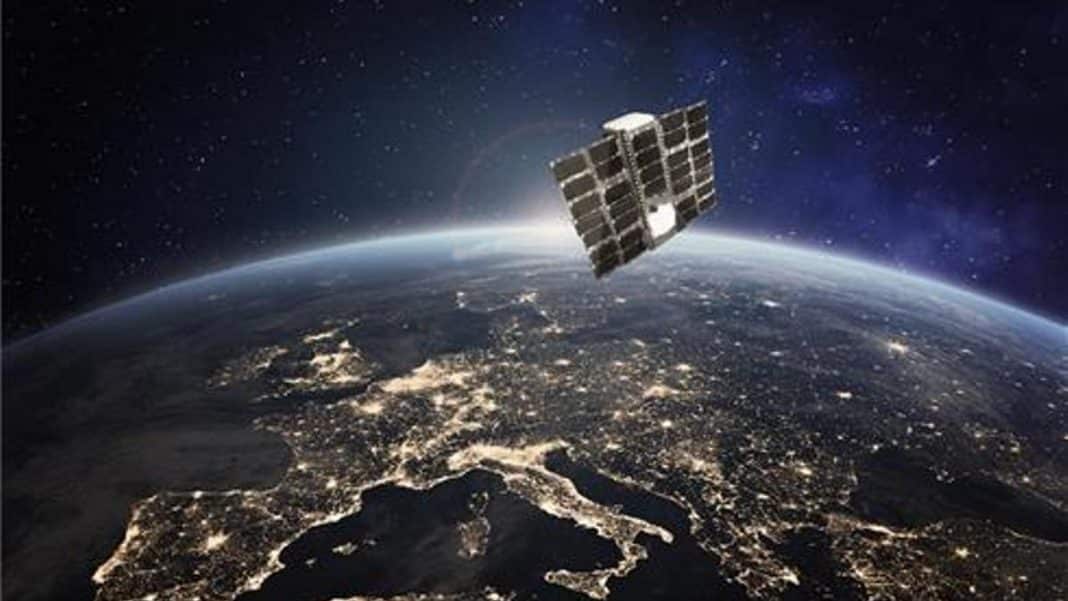Catalonia continues to advance its own space race. The Generalitat is following the launch of ‘Menut’ closely, the second nanosatellite it will put into orbit. This project has cost 1.7 million euros and its ultimate goal is to gather essential information to improve the management of the Catalan territory and combat the environmental challenges facing the planet.
At 3:56pm Catalan time, ‘Menut’ commenced liftoff aboard a Falcon 9 rocket, from the SpaceX company founded by Elon Musk, from the U.S. space base of Cape Canaveral in Florida, the center of NASA’s activities. The rocket is carrying a total of 30 nanosatellites, including the Catalan one. One hour after launch, the device is scheduled to be ejected into orbit. The launch can be followed live here
Mission: to observe the Earth
‘Menut’ is a research nanosatellite developed by the Catalan company Open Cosmos. Weighing less than 10kg, this device incorporates a camera that will allow it to observe from space the climatological evolution of the Earth, focusing on the Catalan territory. It will orbit at a speed of 8km/second at an altitude of 530km and it is estimated to fly over Catalonia approximately every five days. That is equivalent to about six captures of Catalonia every month.
Once in orbit, the Catalan device will join the international fleet Open Constellation consisting of a series of nanosatellites whose objective is to gather information in order to have a better perspective to improve land management and help mitigate the effects of the climate crisis. Thus, ‘Menut’ is expected to be used to monitor river basins, analyze crop productivity, manage droughts, plan urban development and help prevent natural disasters and forest fires, among other uses. All this should serve in implementing public policies in a more efficient way.
Space organizations from different countries in Europe are cooperating in the construction of what aims to be the largest “global and shared” observation satellite infrastructure in the world, according to the Institut d’Estudis Espacials de Catalunya (IEEC)
Second satellite in orbit
‘Menut’ will be the second nanosatellite launched into space by the Govern. In March 2021, and after two unsuccessful attempts, the space device ‘Enxaneta‘ entered orbit after being launched from the Baikonur Cosmodrome in Kazakhstan. This first nanosatellite’s mission is to enable 5G connections through the so-called Internet of Things, two technologies that are not yet present in our daily lives. It is unknown what impact this project has had so far
The launch of ‘Menut’ into space is a project of the Department of Enterprise and Employment that is part of the NewSpace Strategy, with a budget of 18 million euros until 2023, of which 12 million have already been implemented. With this strategy, the Generalitat de Catalunya is committed to having one foot in space to boost its aerospace and technological sector and connect it internationally, as well as use the newly generated knowledge to “promote economic growth and improve people’s lives”. The Government’s plan is to have a constellation of more than eight of its own nanosatellites by 2026
This growth has already been noted in recent years. The Catalan space industry currently has almost 100 companies and more than 1,500 employees. The Generalitat seeks to promote specialization in the development of next-generation technologies, which already accounts for 20% of the sector and is expected to quadruple both its turnover and employment by 2028
For the full article, please visit Diario de Ibiza website here.

